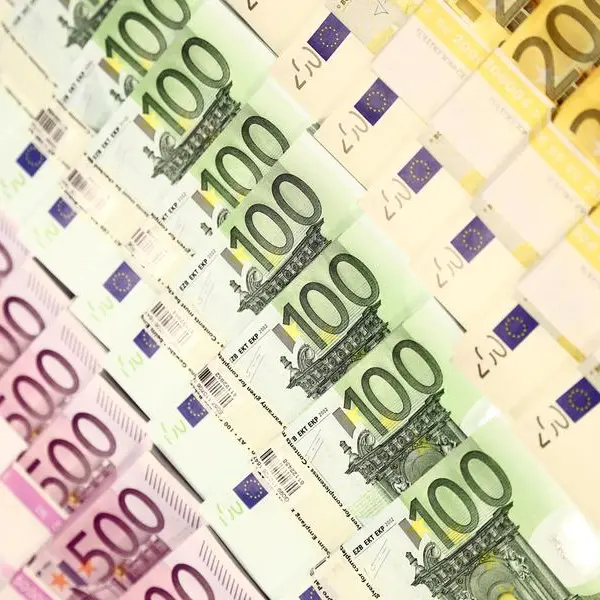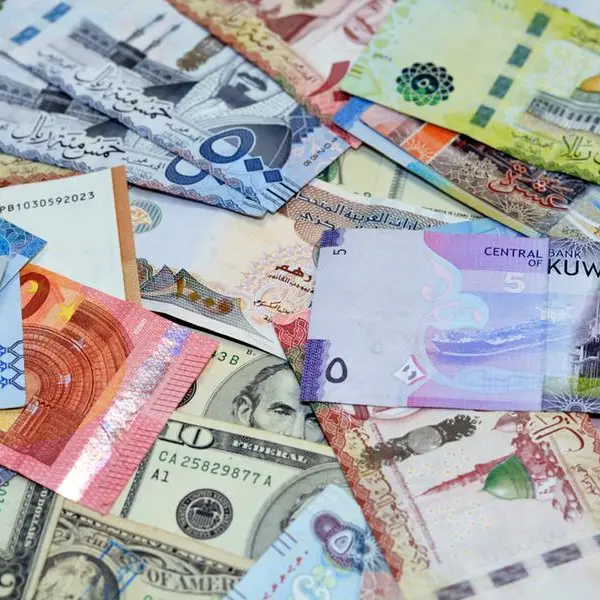PHOTO
Israel has launched a US$5bn dual-tranche bond deal on which pricing has been tightened by 30bp after it opened books on Tuesday morning in spite of headlines indicating that its ceasefire agreement with Hamas is hanging by a thread.
The sovereign has set final terms on a US$2.5bn February 2030 bond at 120bp over Treasuries and on a US$2.5bn February 2035 note at plus 135bp. Marketing began at plus 150bp area and plus 165bp area respectively. Pricing will be later on Tuesday.
The deal had long been expected as Israel typically issues at the start of a year. The process began months ago, with a request for proposals for a publicly syndicated bond sent to banks in August.
The start of the ceasefire appeared to offer a good window for the transaction but books have opened against a more uncertain political backdrop after US president Trump said on Monday that he would "let hell break out" if all the remaining Israeli hostages in Gaza were not returned by midday on Saturday, according to media reports.
Hamas had said it would stop releasing any more hostages because of what it called Israeli violations of the ceasefire agreement. Israeli defence minister Israel Katz said Hamas' move violated the ceasefire terms and instructed the military to be at the highest level of readiness in Gaza and for domestic defence, reported Reuters.
One source said that the timing of the bond deal had been determined for some time and was going ahead as planned despite the headlines. "It's been pencilled in now for a while," he said.
Another source said the market had proven to be "resilient" time after time when negative headlines hit.
Israel (Baa1/A/A; all negative) can also point to the huge interest in its last transaction, an US$8bn triple-tranche offering in March that had US$38bn of orders, with almost 400 investors participating.
Israel has a very strong following in the US and this SEC-registered transaction is not expected to be any different in that sense. "This is very much US investor targeted," said the first source.
However, the yields Israel now has to pay might entice more demand from EM investors than would historically have been the case. Even though Israel's bonds have rallied over the past few weeks – its US$3bn 5.5% 2034s were bid at 5.67% at the end of last week, according to LSEG, compared with 6.17% on January 13 – it still offers relative value.
At initial price thoughts, the five-year bond was being offered at a yield of about 5.85% and the 10-year tranche at 6.17%. That compares with Poland (A2/A–/A–), for example, which began marketing five and 10-year notes last week at 110bp area and 140bp area over Treasuries.
The CEE sovereign raised US$5.5bn through equally split notes of US$2.75bn at final spreads of plus 75bp for the February 2030s and 105bp for the February 2035s. Those spreads translated into respective yields of 4.995% and 5.472%.
Poland is higher rated and Israel's ratings are vulnerable to further downgrades from all three main agencies. Still, the sovereign will offer attractive yields relative to its ratings, even after the tightening from IPTs, and even though compared to its own curve the deal is coming with a relatively small premium.
At IPTs, that premium was 35bp–40bp, according to one EM investor looking at the deal. "IPTs seem broadly in line with recent new issues," he said. "They are also in line with what [we've] seen for previous recent issuance." He said more important than the geopolitics, is "the rates outlook", with US CPI data due to be released on Wednesday.
Not all EM investors are convinced by the levels on offer. "We never found the sovereign debt really appealing from a valuation perspective, and even with some widening around the war in Gaza, it did not make it in," said the investor, referring to his firm's portfolios. Israel would be an eligible off-benchmark investment. The firm does, though, have exposure to Israeli corporate debt.
Bank of America, Citigroup, Deutsche Bank, Goldman Sachs and JP Morgan are the bookrunners on the new transaction.
Source: IFR





















